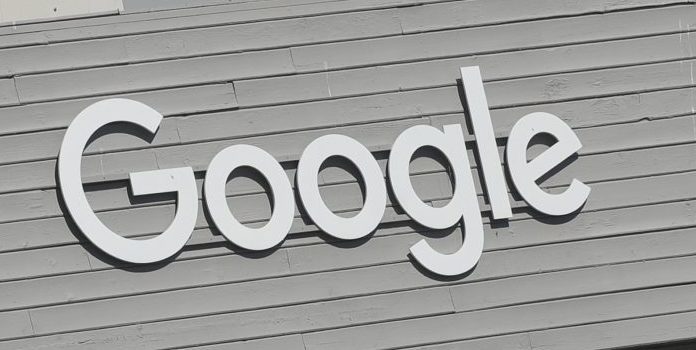(Ken Silva, Headline USA) The Defense Department’s Joint Pathology Center contains more than 31 million blocks of human tissue and 55 million slides, including rare samples that have contributed to historic breakthroughs such as the first genetic sequencing of the 1918 influenza virus.
Google reportedly wanted exclusive access to this, calling it “on par with the Human Genome Project.”
“Google began in late 2015 to gather medical information at military installations and hospitals around the country, which it planned to use to build AI tools,” a ProPublica investigation stated.
“Such software, the company hoped, would give it an edge in the race to develop algorithms that could help pathologists diagnose illnesses more quickly and accurately, predict prognoses and, eventually, Google scientists hoped, find new treatments for diseases, including cancers.”
Google’s attempts to access the trove of tissue reportedly alarmed some of the Pentagon staff in charge of the JPC. They raised concerns about Google’s attempts, and the company’s attempts were purportedly unsuccessful.
But the matter has caught the attention of the U.S. Senate. Sen. Elizabeth Warren, D-Mass., wrote a letter to Google and Defense Secretary Lloyd Austin this week, seeking to know whether Google actually accessed the service members’ tissue.
“The public deserves a full accounting of Google’s efforts to access the private health data contained at the JPC and complete transparency surrounding its intended use,” she said.
Warren said Google’s attempts to access service members’ tissue is even more alarming considering the company’s history of mishandling health data.
The senator referenced Google’s Project Nightingale, which was revealed in 2019 and entailed engineers working to “create an omnibus search tool to aggregate disparate patient data and host it all in one place,” which Google could then sell to other hospital systems.
“Even before Project Nightingale, a Google subsidiary collected troves of patient data without notifying patients about how their data would be used,” she added.
Warren asked Google and Austin to respond to her letter by Aug. 8.
Google, for its part, said it wanted access to the human tissue for the public good.
“We had hoped to enable the JPC to digitize its data and, with its permission, develop computer models that would enable researchers and clinicians to improve diagnosis for cancers and other illnesses,” the company said, according to ProPublica.
“Despite efforts from Google and many at the Department of Defense, our work with JPC unfortunately never got off the ground, and the physical repository of pathology slides continues to deteriorate.”
Ken Silva is a staff writer at Headline USA. Follow him at twitter.com/jd_cashless.

